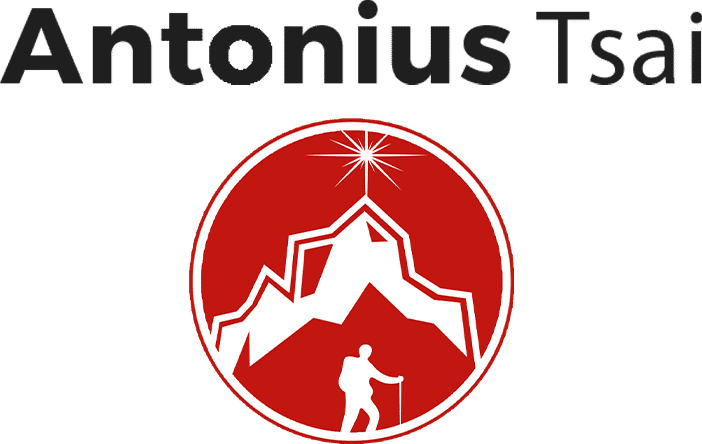Sitting and work from home — of course in a properly physically-distanced manner — I wonder at how much has changed in a few mere weeks. During our moments of solitude, we are confronted with what is essential and what is not. What we used to think was essential turns out to be a pile of busy-work, to be discarded. We are challenged by circumstance to honestly reflect on the purpose and value of our work. If we are honest, there’s room for improvement.
A colleague and I teach a course on design thinking to a group of undergrads. As middle-aged teachers, we can look at someone who is 20, and better discern the gap between current performance and potential. In our opinion, students only tap into 10% of what they are capable of. This is not to disparage their effort, but to affirm their vast and undiscovered capacity.
Regarding potential, let me offer a more personal hypothetical. If I were to tell you that you have 5 more years to live, how would you react? After the initial shock, would your life then become more purposeful and focused? That’s what I mean when I suggest that you are only using a small fraction of of your undiscovered capacity. However, if we had our way, we’d just keep doing what we’re doing, while incrementally accumulating more stuff and status.
What is to stop us from following this path of inertia? An apt analogy could be found in nature.
In nature, there are cycles. One familiar cycle for us is that of the day and night. We can only be awake for so many hours before we must sleep. (We can’t just work for 500 hours straight.) We are thus governed by the cycle of wake and rest. In the plants out in the yard, they are governed by the cycles of the seasons. For living creatures, there is ultimately the cycle of life and death.

Within longer cycles, there exists smaller cycles. Within the cycle of our lives there are the cycles of our development. In one cycle, we are learning to poop on the potty, and in another cycle, we are managing a team of people for the launch of a new product. In each cycle, we are becoming more capable, more wise, and more of who we really are. All this sounds great, except that as we are called to grow and move on, we have to leave familiar things behind, and we don’t know what to expect for the future.
In the cycle of your whole career, you will have smaller career cycles. Many times will you need to start a new role and then let that role go. A useful analogy expounded by Jim Rohn is to view cycles in your life like the four seasons. There will be times when opportunities and ideas are growing (spring). There will be times when you are productive as hell (summer). There will be times when opportunities and ideas slow down (autumn). Then there will be time to move on (winter).
How do you prepare for winter? That is the challenge. Fortunately, you will first have the autumn harvest. The “harvest” is not just for building up your physical and financial resources, it is also for consolidating your wisdom and intuition. In autumn you will sense the approach of winter; in a career autumn, you will sense the ending of the current phase of your work. In autumn, what we shouldn’t do is to rush out with our spray paint spraying all the yellow leaves green, pretending that it’s still summer. When it’s autumn, we must draw inward.

In my past and current roles, I help people navigate through the cycles of their careers. Using the analogy of the seasons I designed a tool for those who are looking for some guidance as to what to do in the challenging seasons. The concept in the illustration below and can be downloaded and used through this link.

In autumn you will sense the approach of winter; in a career autumn, you will sense the ending of the current phase of your work.
I hope the tool can be of use to you as you navigate the transitions and cycles in your career. Have faith that after the winter, comes the spring. These cycles exist to move you forward in your growth.
I think collectively, we are in some sort of late-autumn stage. What we have done in the past has gotten us here, but what the future needs from us is something different. We are all called upon to contribute more, but not necessarily in the way that we have been doing, but in a way that is more authentic to each of us. In order to do that, we need a rest from our frenetic activity, and to reflect on what is ending and what the world needs us to begin anew.
